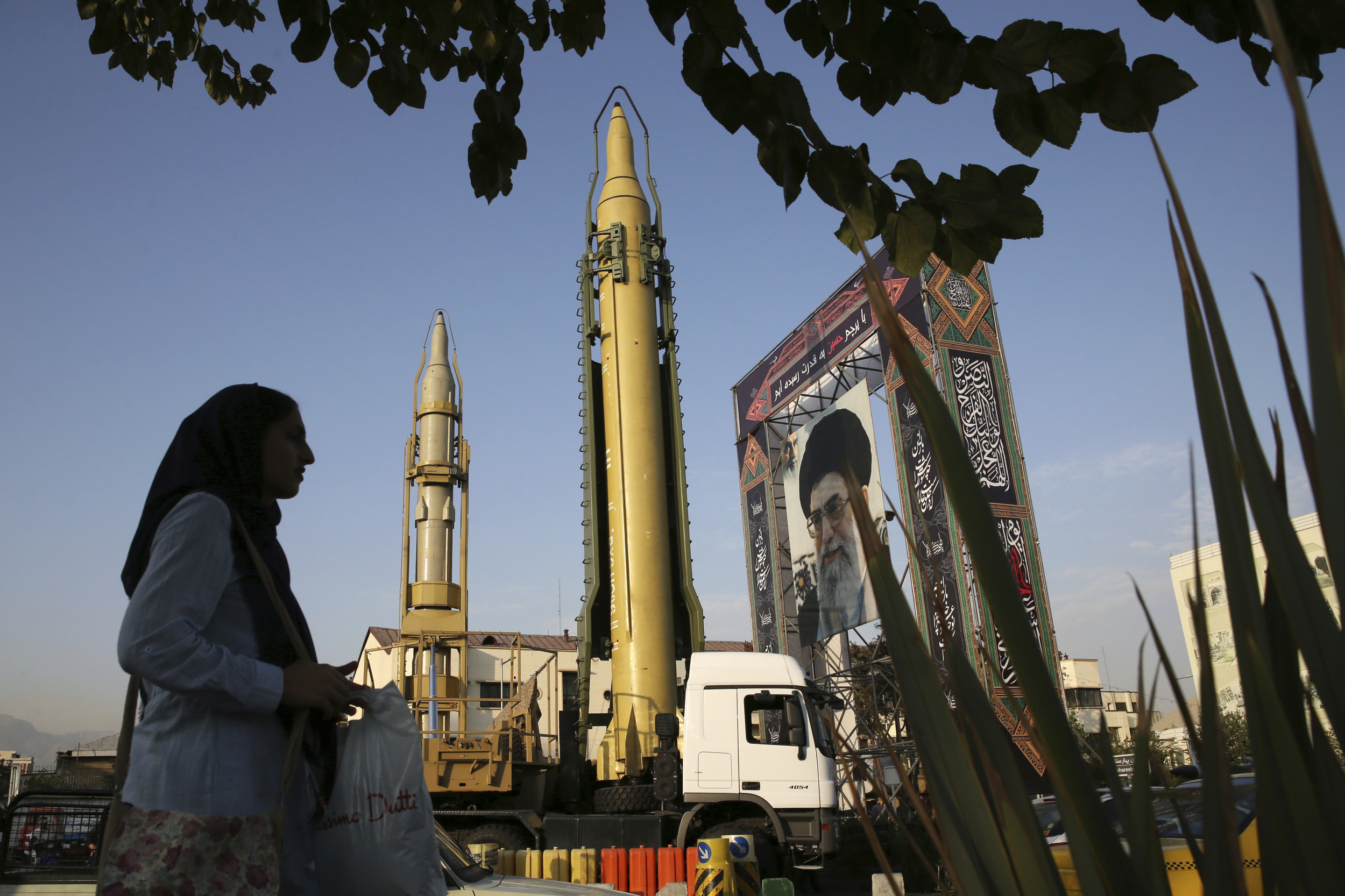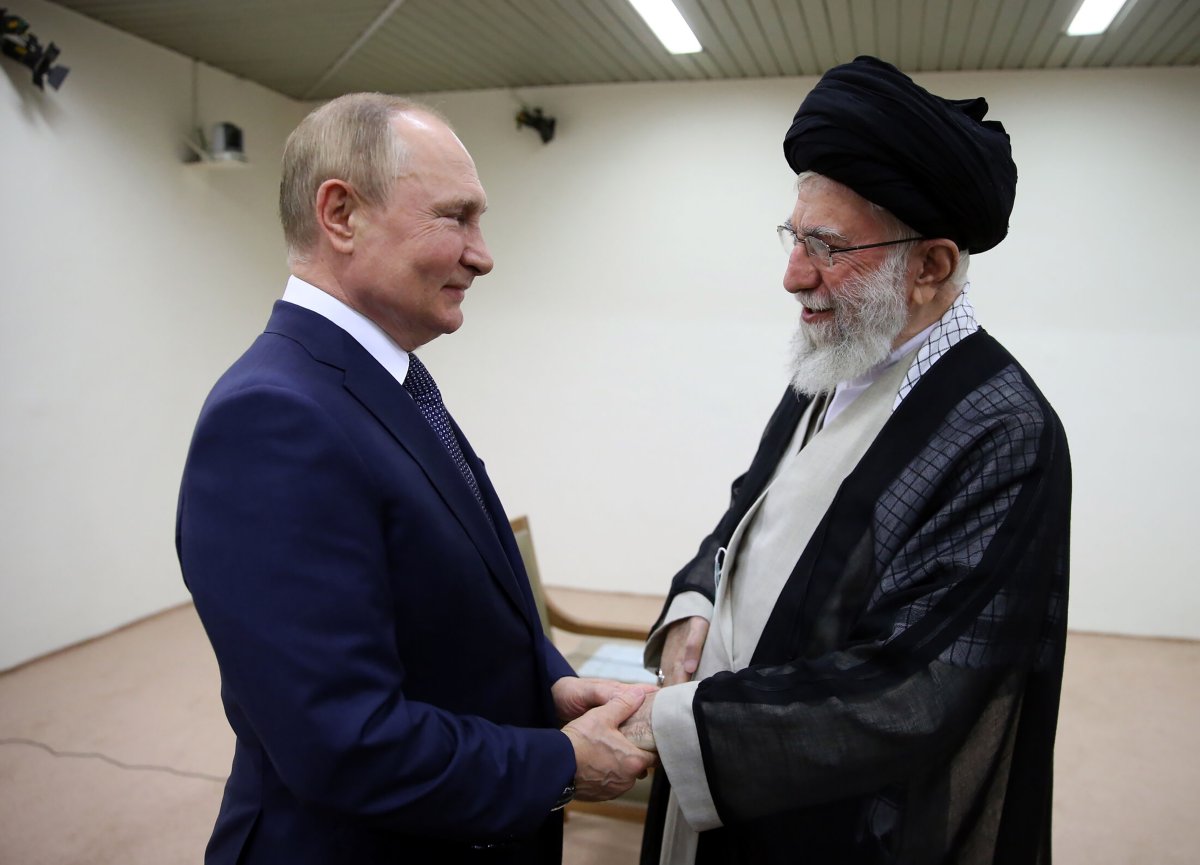
Iran has flatly rejected U.S. demands to curb uranium enrichment, setting the stage for a more confrontational phase in nuclear negotiations between the two countries.
Foreign Minister Abbas Araghchi has said that enrichment is not up for discussion, after President Donald Trump‘s White House toughened its stance, with envoy Steve Witkoff saying Iran “must stop and eliminate its nuclear enrichment and weaponization program.”
Newsweek has reached out to the State Department and Iran’s foreign ministry for comment.
Why It Matters
The Iranian response underscores growing tension as both sides harden their positions ahead of further talks. With no signs of flexibility from Tehran, and Washington also linking the talks to broader missile and defense concerns, it increases the risk of failure and renewed conflict.
The U.S. shift appears to set a higher bar than the 2015 nuclear deal. Iran’s refusal to consider such terms could derail diplomacy and increase the likelihood of military confrontation.
The inclusion of missile stockpiles and defense capabilities as concerns by American officials, though not formal agenda items, has further increased tensions.
Iranian Foreign Ministry/AP Photo
What to Know
Araghchi stated on Wednesday that uranium enrichment “is not subject to negotiation,” firmly restating Tehran’s long-held position, according to state media. His remarks follow U.S. Special Envoy Steve Witkoff’s call. The State Department has backed Witkoff’s demands as well.
Iran Signals Openness
Despite rejecting core U.S. demands, Araghchi left the door open for dialogue, saying talks could advance if Washington adopted a more constructive tone. “If the Americans come with a constructive approach,” he said, negotiations might move forward.
But Iran’s senior Revolutionary Guards Corp (IRGC) official Brigadier General Ali Mohammad Naeini said Iran’s defense capabilities are a red line. Naeini stated that military power “will never be open to negotiations or compromise.”
Khamenei Message to Moscow
Araghchi also announced he would deliver a message from Supreme Leader Ayatollah Ali Khamenei to Russian President Vladimir Putin during an upcoming visit to Moscow, in a sign that Tehran may be seeking support from key allies.

Office of the Iranian Supreme Leader/AP Photo
What People Are Saying
Abbas Araghchi, Iran’s Foreign Minister said: “The principle of enrichment is not subject to negotiation.”
Steve Witkoff, U.S. Special Envoy to the Middle East posted on X: “Iran must stop and eliminate its nuclear enrichment and weaponization program. It is imperative for the world that we create a tough, fair deal that will endure.”
Seth Krummrich, Retired U.S. Army Colonel and Vice President at Global Guardian told Newsweek: “The U.S. wants stability in the region, unfettered international access on the key waterways in the region, and an end to the Iranian Proxy meddling in numerous Middle Eastern countries. Primarily, the U.S. wants to prevent the Iranian regime from gaining a nuclear weapon.”
What Happens Next
A second round of talks between Iran and the U.S. are set to continue in Oman on Saturday. Meanwhile, Araghchi’s trip to Moscow and ongoing regional tensions suggest diplomacy may soon intersect with broader geopolitical maneuvering.

Vahid Salemi/AP Photo
